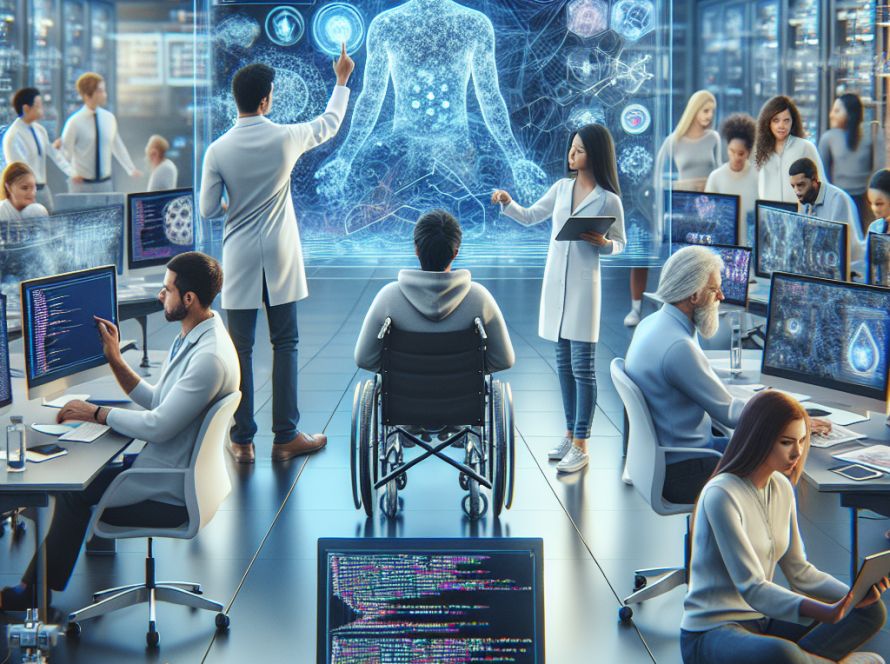Generative artificial intelligence (AI) possesses great potential but equally great risks if misused or overestimated, warned Rodney Brooks, co-founder of iRobot, at MIT’s “Generative AI: Shaping the Future” symposium. The event kicked off the university’s Generative AI Week on 28 November and attracted hundreds of academia and industry representatives to the institution’s Kresge Auditorium. Generative AI, which is underscored by powerful tools like OpenAI’s ChatGPT and Google’s Bard, comprises machine-learning models designed to generate new material resembling the data they are trained on.
MIT President Sally Kornbluth highlighted the positive potential of generative AI in her opening remarks, mentioning examples of faculty and student projects aimed at making a positive global impact. MIT itself has recently confirmed seed grants for 27 interdisciplinary faculty research projects oriented around AI’s transformative societal potential.
However, the increasing prevalence of generative AI is also blurring the lines between science fiction and reality, according to Daniela Rus, director of the Computer Science and Artificial Intelligence Laboratory (CSAIL). Rus emphasised the potential benefits of these tools should they be used sustainably and to enhance businesses.
Brooks gave the keynote speech, during which he dissected the scientific questions around generative AI and what insights the technology offers about the human psyche. He emphasised that, despite its impressive capabilities, the technology does not possess ‘magic’ abilities and surprises him most when researchers devote their attention and resources to generative AI at the expense of other worthwhile fields.
The event also included a panel discussion around future advances and AI regulation challenges. Panel members also identified digital snake oil, or products that claim to offer miraculous benefits but could cause long-term harm, as a key risk in generative AI.
The afternoon session featured a discussion around the development of advanced generative AI models that could offer capabilities beyond current human capabilities. However, such advancements would need to uphold essential trustworthiness and meet the specifications insisted on by policymakers.


